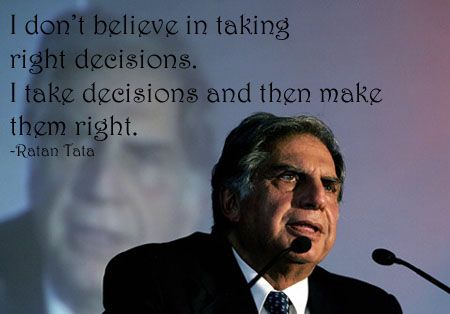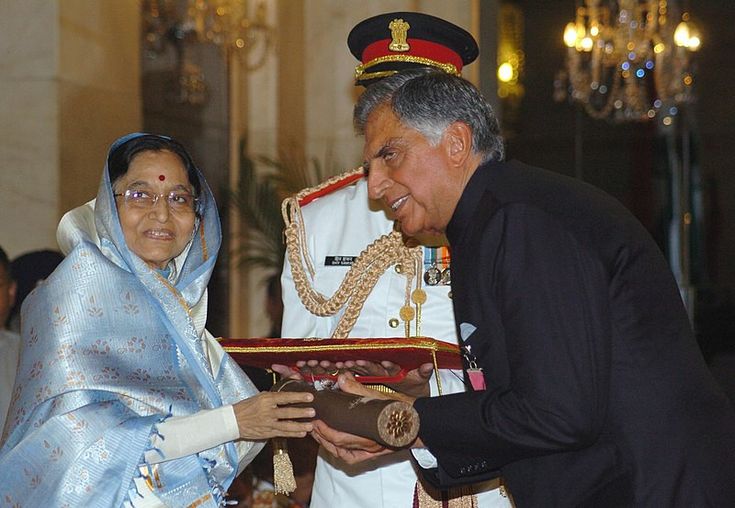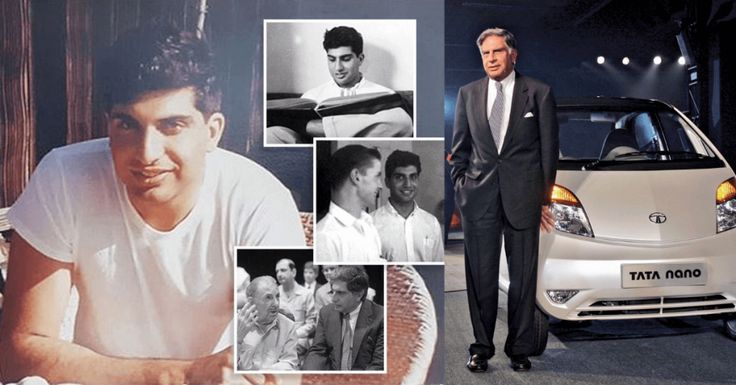
Table of Contents
The Tata Group, India’s most iconic conglomerate, has suffered an irreparable loss with the passing of its former chairman, Ratan Naval Tata. The legendary businessman, revered for his visionary leadership, philanthropic endeavors, and unwavering commitment to social responsibility, breathed his last on [Date] at 86.
Ratan Tata’s demise has sent shockwaves across the nation, leaving a void that will be difficult to fill. He was not just a business magnate but a national icon, a symbol of India’s entrepreneurial spirit, and a beacon of hope for millions.
Ratan Tata’s Life Dedicated to Service

Born on December 28, 1937, Ratan Tata belonged to the illustrious Tata family, a lineage synonymous with Indian industry. After completing his studies at Cornell University, he joined the Tata Group in 1975 as a management trainee. Over the next few decades, he rose through the ranks, gaining valuable experience in various conglomerate divisions.
In 1991, Ratan Tata succeeded his uncle, J.R.D. Tata. His tenure was marked by a series of bold and innovative decisions that transformed the company into a global powerhouse. He spearheaded strategic acquisitions, including the iconic Jaguar Land Rover and the steelmaker Corus, expanding the Tata Group’s reach into international markets.
One of Tata’s most significant achievements was the successful turnaround of the Tata Motors passenger car division. Under his leadership, the company launched the Tata Nano, the world’s cheapest car, which gained global attention and helped to revolutionize the Indian automotive market.
Tata also played a crucial role in diversifying the Tata Group’s portfolio into sectors such as retail, hospitality, and telecommunications. His visionary leadership and strategic thinking positioned the group as a major player in these industries.
A Champion of Social Responsibility
Beyond his business acumen, Ratan Tata was renowned for his unwavering commitment to corporate social responsibility (CSR). He established the Tata Trusts, philanthropic organizations that have made significant contributions to education, healthcare, and rural development. The Tata Trusts’ initiatives, such as the Tata Memorial Centre for Cancer Treatment and the Tata Institute of Social Sciences, have had a profound impact on the lives of millions of people.
Tata’s philanthropic endeavors extended far beyond the Tata Trusts. He was a generous donor to various causes, including disaster relief and education. His philanthropy has inspired countless others to give back to society.
A National Icon
Ratan Tata’s legacy extends far beyond his business achievements. He has become a role model for aspiring entrepreneurs and business leaders, inspiring them to pursue their dreams with passion, integrity, and a commitment to making a positive difference in the world. His unwavering belief in the power of education and social upliftment has had a lasting impact on Indian society.
Tata’s contributions to India have been widely recognized. He was awarded the Padma Vibhushan, India’s second-highest civilian honor, in 2008. He was also named “Global Business Leader of the Year” by Fortune magazine in 2009.
A Nation Mourns
The news of Ratan Tata’s passing has sent shockwaves across India. Tributes have poured in from all walks of life, with leaders, celebrities, and ordinary citizens expressing their grief and admiration for the late businessman.
Prime Minister Narendra Modi led the nation in mourning, describing Tata as an “inspiration for generations.” “His vision, his leadership, and his philanthropy will always be remembered,” Modi said in a tweet.
The Tata Group has also issued a statement expressing its deep sorrow over the loss of its former chairman. “Ratan Tata was a visionary leader who transformed the Tata Group into a global conglomerate. His legacy will continue to inspire us all,” the statement said.
A Lasting Legacy
Ratan Tata’s passing leaves a void that will be difficult to fill. However, his legacy will live on through the countless lives he touched and the institutions he helped to build. He will be remembered as a visionary leader, a philanthropist extraordinaire, and a national icon whose contributions to India will be cherished for generations to come.

